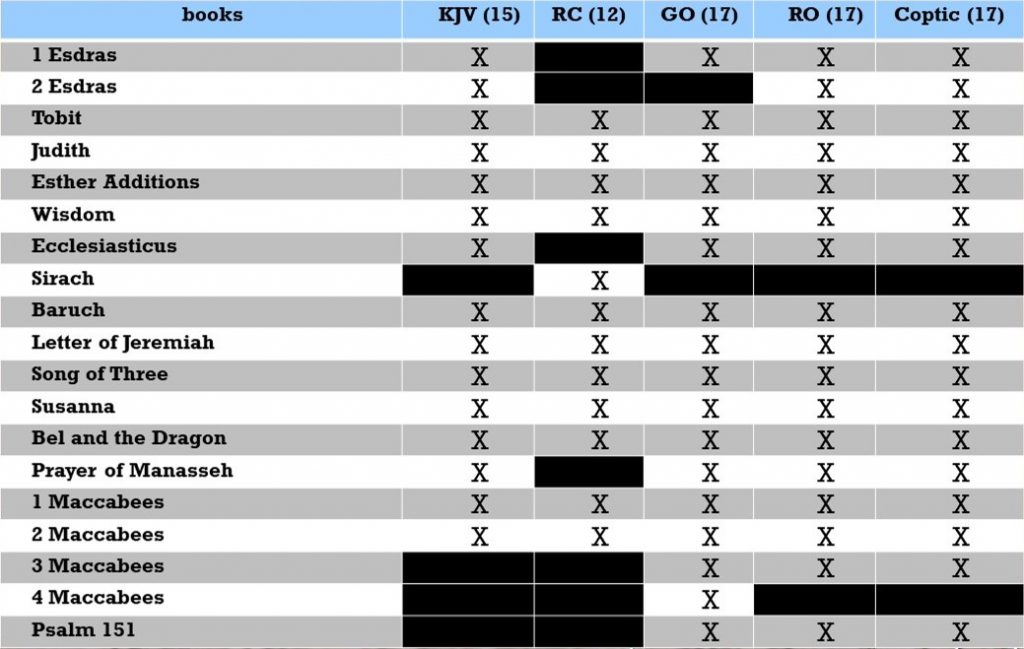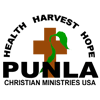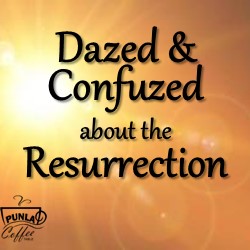Non-Canonical Writings
Can you trust the Bible?
Let’s start with a song by Lauren Daigle You Say.
Great song. The people don’t define who we are, only God defines us. Audience of one. Amen. I Believe.
Let’s Pray.
So let me ask you again. Can you Trust your Bible?
Okay, Why?
So last week we started looking at the issues the skeptic always bring up. We spent our last session talking about the reliability of the Bible. But you raised a question about Bible Canon which I did not answer. That is what about the Apocrypha.
This question is really more than what is commonly referred to as the Apocrypha. We are talking about Non-Canonical writings, writings that did not measure up according to the early church councils.
We are talking about the Apocrypha or what people most often refer to as the Apocrypha, which are intertestamental Jewish writings. That is writing from between 400BC until the time of Jesus.
But we are also talking about New Testament era non-canonical writings. These include writings that you might hear referred to as Gnostic writings, Apocryphal writings, etc.
“apocrypha” means “things put away” or “things hidden”, It comes for the Greek adjective ἀπόκρυφος (apokryphos), which means “obscure.“ These are writings ancient Jewish writings from about 400BC until the time of Jesus. Jews and Christians view these writings as useful but not divinely inspired. Although some groups contest this.
There are 19 Apocrypha writings most. The groups that promote the use of these writings are the Roman Catholic’s (RC), the Greek Orthodox (GO), the Russian Orthodox (RO), the Coptic, and even the King James 1611 had some of these books.

At a minimum these writings are useful for understand ancient Jewish word usage. The additions to Esther are a great demonstration of Jewish apocalyptic literature which can help our understanding of Revelation, Ezekiel, Daniel and others in the Bible.
New Testament Non-Canonical writings are more complicated. These include Early Church Fathers letters and writings, Pseudo-Gospels (non-Biblical writings), Gnostic Gospels (not Christian at all), and lots of writings with questioned Authorship. These are writings not considered useful or inspired.
This is a partial list of these writings, about 90 of them. The most notable are the Third Epistle to the Corinthians, Apocalypse of Peter, and The Shepherd of Hermas. The Apocalypse of Peter is often one that is sighted as contested but there is questions about doctrine that contradicts Bible Canon and authorship which is why it did not measure up.
We have been looking at some of the the issues people have with the Bible. These are just some of the major ones. People challenge the reliability of the Bible. It can’t be true. But we saw last session, there is great evidence that the Bible we have is in every since what God intended us to have. If it is not word for word with the original manuscripts it is consistent in message or early church fathers would have corrected the creep.
Now understand, critiques will contest this evidence. But you need to not take the bait. Simply ask, why don’t you accept this evidence? Do you have better evidence? We could go into a long sidetrack on other ancient documents with far less evidence which everyone accepts without hesitation. It’s only the Bible that is held to such a high standard. Amazing thing is the Bible meets and exceeds all reasonable standards. Of course, we don’t have the originals, they were written on papyri which has long disintegrated. Especially under the high use, these documents must have had, based on the amount of copies and references to them. So, it is not reasonable to assume originals. Other ancient documents have the same types of variants if multiple copies are even available. That includes other religious books like the Quran, Homer’s Iliad and Odessey, and any other document prior to the printing press.
This is the end of How to Defend your Faith Session 8: Can U Trust the Bible (Part 1 of 4)


